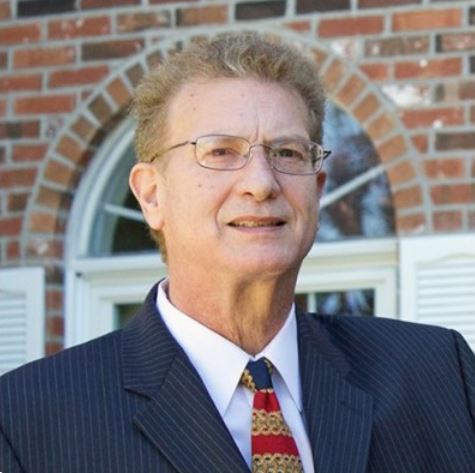
What did you study at Yale, and what is your current profession/job?
I am a Trusts & Estates attorney, which means I do estate planning and probate work, most often motivated by tax savings or asset protection concerns. I received my PhD in Medieval Studies in 1990.
What do you like most about your current role? What do you find most challenging and/ or rewarding?
I like working with families to help resolve problems that they’ve known about for years but didn’t know how to fix. As a former academic and Yale teaching assistant, I have a lot of tolerance for explaining difficult ideas several times to older clients. The most challenging aspect of legal practice is valuing your time and knowing when to stop. Clients always appreciate A+ work, but they don’t want to pay for it.
How did your time at Yale shape your career trajectory?
I was at Yale to become an English professor, teaching Chaucer and Beowulf. But I moved from literature to language when I couldn’t find a good teaching position and took a job as Assistant Editor on the Middle English Dictionary at the University of Michigan. That gave me both the impetus of poverty and additional language skills that propelled me to Cornell Law School in 1993 and my Massachusetts legal career starting at big firms downtown in 1996.
What are the main skills that you acquired as a PhD student which help make you successful in your current career?
Writing and research skills are essential to a lawyer. I think that I’m better than most because of what I learned at Yale and at the Middle English Dictionary thereafter. Perhaps the most important thing I acquired was the attitude that Yale graduate students could understand anything that they put their minds to and a willingness to go the extra mile to get the right answer. If a Yale graduate student discovers that a major critical work in their field is in a foreign language, he or she learns the new language. It’s just what we expect.
Did you acquire any professional experience related to your line of work while in graduate school?
No. I did not have any direct professional experience related to my current line of work. But my experience as a teaching assistant while in graduate school helps me explain things patiently and thoroughly – from the beginning, which is a valuable skills in working with all clients, especially elderly clients.
What advice would you offer PhDs who are interested in your line of work?
The field of law is large and graduate school has given you many valuable skills. You will have many great opportunities, far more than you would have in academia. But time is not your friend. The opportunities diminish as you get older, not so much because you can’t do the job, but rather because the track to certain opportunities is populated by those of a certain age, with or without a family, etc. So act quickly once you’ve decided that academia is not for you. You can always come back as an education lawyer, or in some other way, if you don’t want to give up academia completely. But you want to get on the law track as soon as you can, so that you’re in line for all possible legal careers, not just the ones for older students.
